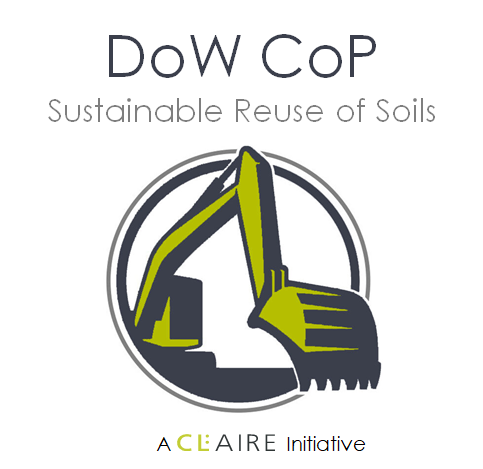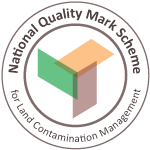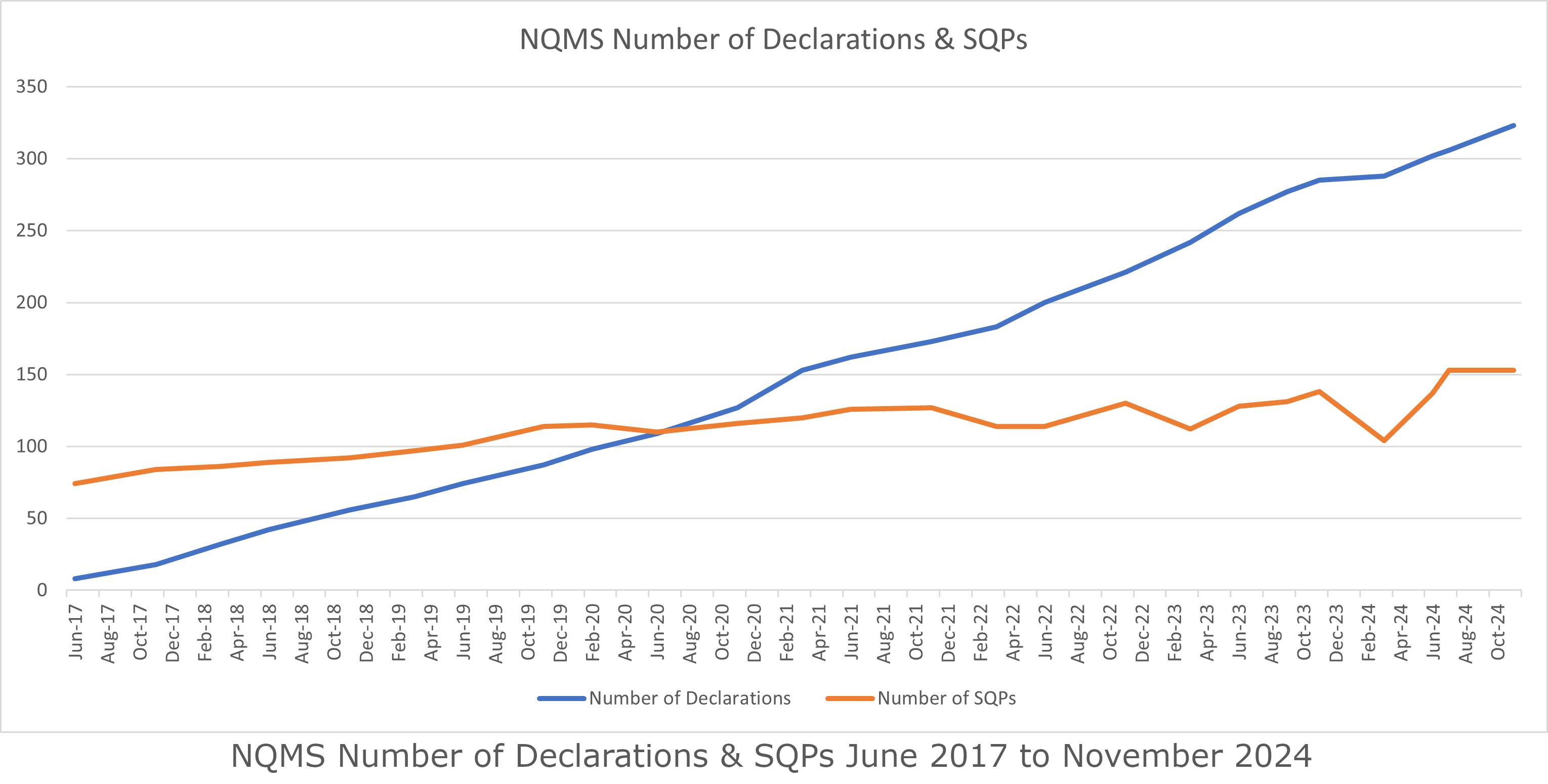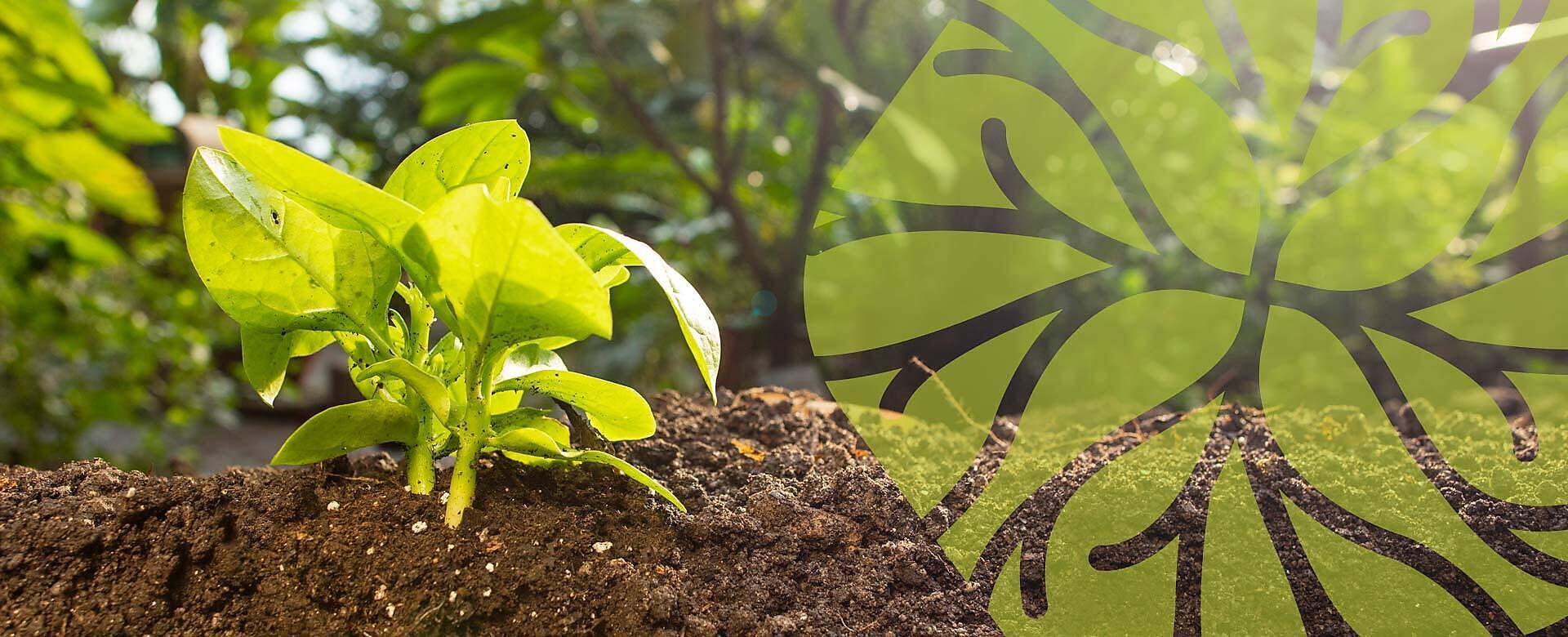CL:AIRE's charitable remit is to encourage discussion and debate of important issues in the world of sustainable land reuse.
If you would like to submit an article on the latest developments in your field, or have an idea for a topic you would like CL:AIRE to cover, please email enquiries@claire.co.uk
All articles are reviewed in-house to ensure quality and independence.
News of particular interest to DoWCoP QPs.
CL:AIRE is heavily involved with a number of projects and industry-led initiatives (e.g. on waste reuse, sustainable remediation, asbestos in soil, etc) and plays a significant role in the dissemination of useful, relevant and peer-reviewed information on issues affecting the brownfield and contaminated land sector. CL:AIRE also encourages project partners to undertake technology demonstration and research projects (“CL:AIRE projects”) to raise the contaminated land industry's awareness of, and confidence in, technologies that have been applied on real sites.
CL:AIRE actively seeks the participation of site owners, consultants, developers, remediation companies, technology providers and academics to become project partners.
For more information about any of these projects or services that we may be able to provide, please contact one of CL:AIRE’s project team by phone on 01182281488.
Benefits of CL:AIRE Project Partnership
Establishing a partnership with CL:AIRE will provide a range of key benefits:
Service Providers (consultants, contractors, labs, technology vendors)
- Profile – CL:AIRE is committed to promoting business opportunities for all our project partners, by linking problem holders with solution providers and promoting within the UK and abroad
- Dissemination – Benefit from bulletins, project reports, eAlerts, conferences and workshops and our website portal to reach over 2,000 contacts in the UK and abroad
- Credibility – Our unique approach allows your demonstration to be reviewed by an experienced, highly-regarded and credible third party (the Technology and Research Group)
- Business opportunities – Expand your business through our network and sponsorship opportunities at our national and regional conferences and events
- Access – CL:AIRE endeavours to give you access to suitable sites for testing and trialling new technologies.
Site Owners and Developers
- Profile – Benefit from tailored publicity in our bulletins, reports, eAlerts and on our website to communicate your organisation’s commitment to sustainability to our 2,000 strong UK and international network
- Confidence – Our credible, third party review of your project by the highly-regarded Technology and Research Group can help provide much-needed confidence
- Knowledge – Gain a better understanding of technologies that may be applied to your sites
- Potential Cost Savings – Discover opportunities for improving efficiency and using cost-effective land management options
- Partnership – CL:AIRE can work collaboratively with your current partners
- Community – Our community guides and teaching aids inform and promote remediation within communities, and serve to manage risk communication on a wider scale.
Research Groups
- Profile – Enjoy valuable publicity for your latest developments to a wider market
- Dissemination – Benefit from bulletins, project reports, eAlerts, conferences and workshops and our website portal to reach over 2,000 contacts in the UK and abroad
- Strategy – Discuss and refine your approach with CL:AIRE and benefit from our team’s wealth of knowledge and data archives
- Funding – In certain cases, CL:AIRE can help acquire funding for key research projects through our network partners
- Access – We will endeavour to give you access to an appropriate site to develop your technology.

The DoW CoP provides a clear, consistent and efficient process which enables the reuse of excavated materials on-site or their movement between sites.
Use of the DoW CoP supports the sustainable and cost-effective development of land. It can provide an alternative to Environmental Permits or Waste Exemptions.
The DoW CoP enables:
- the direct transfer and reuse of clean naturally occurring soil materials between sites
- the conditions to support the establishment/operation of fixed soil treatment facilities
- the reuse of both contaminated/uncontaminated materials on their site of origin and between sites within defined Cluster projects
The following documents can be downloaded:
The following documents can be downloaded:
The following documents can be downloaded:

SuRF-UK is the United Kingdom’s Sustainable Remediation Forum – an initiative set up to progress the UK understanding of sustainable remediation. SuRF-UK is also a member of International Sustainable Remediation Alliance (ISRA).
SuRF-UK Roadmap
| SuRF-UK Framework and Annex 1 - Indicator Set | |||
| SuRF-UK Indicator Report | |||
| Sustainable Management Practices | |||
| Tier 1- Qualitative Assessment SuRF-UK Briefcase |
Tier 2 - Semi-quantitative Assessment Links to guidance |
Tier 3 - Quantitative Assessment Links to guidance |
|
| Illustrative Case Studies, reports, information sources SuRF-UK Case Studies and Bulletins, Journal Papers, SuRF-UK webinar |
|||
To navigate through the SuRF-UK web pages, please hover over the relevant section that you require on the road map and short cuts will direct you to the relevant page, alternatively navigate using the articles index on the right.

The National Quality Mark Scheme for Land Contamination Management (NQMS) is a scheme that has been developed by the National Brownfield Forum (formerly known as Land Forum) to provide visible identification of documents that have been checked for quality by a Suitably Qualified and experienced Person (SQP). It provides increased confidence and improved quality of submissions made under regulatory regimes, particularly planning applications, related to previously used land.
The National Brownfield Forum has facilitated the development of this nationally recognised system for ensuring a satisfactory standard of work that, through endorsement by the Forum and through joint ownership by National Brownfield Forum members, can be considered to have support and acceptance across the community.
The initiative is supported in principle by the Ministry of Housing, Communities and Local Government (MHCLG) and the Department for Environment, Food and Rural Affairs (DEFRA) and a positive response has also been received from individual devolved administrations.

NQMS Roadmap
|
Framework of Scheme |
Overview of NQMS Scheme | ||
| Brief introduction to NQMS scheme | |||
| What is a Suitably Qualified Person (SQP)? | |||
|
The NQMS Process |
The NQMS Declaration Process | ||
| SQP Register | Brownfields Skills Framework | Water & Land Library (WALL) | |
|
Useful Information & Links |
Accredited Risk Assessor Training Provider - SoBRA |
||
To navigate through the NQMS web pages, please hover over the relevant section that you require on the road map and short cuts will direct you to the relevant page, alternatively navigate using the articles index on the right.
The following documents can be downloaded:
The following documents can be downloaded:
The following documents can be downloaded:
SuRF-UK is the United Kingdom’s Sustainable Remediation Forum – an initiative set up to progress the UK understanding of sustainable remediation and sustainable land management. SuRF-UK is also a member of International Sustainable Remediation Alliance (ISRA). SuRF- UK helps you understand how sustainable development can be applied to remediation.
Choose a role to find a pathway through the information available, or find what you need in the Roadmap below.
Beginner
Beginner's Guide
Learn the key principles about Sustainable Remediation with a simple introduction to sustainable remediation.
Aimed at someone new to sustainability / sustainable remediation who wants or needs to understand in a basic way what it means and why and how they should do it.
Starting point: View the video animation for an overview of what sustainable remediation is.
Read SuRF Bulletin 7 - Introduction to Sustainable Remediation
Learner
Learner's Guide
Developing knowledge about sustainable remediation.
Aimed at someone who has a basic understanding but needs to know more about what it involves, why it could be useful for them and how to implement it.
Starting point: The video animation above provides a quick overview.
Key Reading:
Debunking the Myths about Sustainable Remediation (External PDF download)
Practitioner
Practitioner's Guide
Guidance and tools to help you carry out a sustainable remediation or a sustainability appraisal.
Aimed at someone looking to implement simple management practices or who intends to carry out a sustainability appraisal.
Starting point: View the video animation for an overview of what sustainable remediation is.
The framework document sets out why sustainability issues associated with remediation needs to be factored in right from the outset of a project.
Key Reading:
Sustainable Management Practices for Management of Land Contamination
Site Owner
Starting point: View the video animation for an overview of what sustainable remediation is
Key Reading:
Concawe Sustainable Remediation Case Studies
Regulator
Academic
To navigate through the SuRF-UK web pages, please hover over the relevant section that you require on the road map and short cuts will direct you to the relevant page, alternatively navigate using the articles index to the right.
Roadmap
|
Framework |
The key document updated in 2025 that introduces the SuRF-UK approach to sustainable remediation. |
||
|
General guidance on how to carry out a sustainability assessment
Guidance on choosing sustainability indicators to use in an assessment
A spreadsheet containing a list of potential sustainability indicators. Also shows where each might link to other indicators and how they connect to the UN SDGs
|
|||
| SuRF-UK Bulletins | |||
|
Executing sustainable |
Sustainable Management Practices Report and Spreadsheet 2021 |
||
|
Tier 1- Qualitative Assessment
|
Tier 2 - Semi-quantitative Assessment |
Tier 3 - Quantitative Assessment |
|
|
Supporting |
Illustrative Case Studies, reports, information sources
|
||
The following documents can be downloaded:
The following documents can be downloaded:
 The Gas Protection Verification Accreditation Scheme (GPVS) is a scheme that seeks to raise standards in membrane inspection, verification and reporting and provide all stakeholders involved in land contamination management with confidence that risks associated with ground gases have been adequately managed. The scheme applies to both the practical installation of the gas mitigation measures and to the verification reporting process. Recognising different personnel often undertake inspection and reporting, there are two separate accreditation routes to demonstrate competence ‘Specialist in Gas Protection Verification’ (SGPV) and ‘Technician in Gas Protection Verification’ (TGPV).
The Gas Protection Verification Accreditation Scheme (GPVS) is a scheme that seeks to raise standards in membrane inspection, verification and reporting and provide all stakeholders involved in land contamination management with confidence that risks associated with ground gases have been adequately managed. The scheme applies to both the practical installation of the gas mitigation measures and to the verification reporting process. Recognising different personnel often undertake inspection and reporting, there are two separate accreditation routes to demonstrate competence ‘Specialist in Gas Protection Verification’ (SGPV) and ‘Technician in Gas Protection Verification’ (TGPV).
GPVS Roadmap
To navigate through the GPVS web pages, please navigate using the articles index on the right.
The following documents can be downloaded:
The following documents can be downloaded:
The following documents can be downloaded:
CL:AIRE Membership
CL:AIRE's Membership Scheme has two branches:
- CL:AIRE Principal Membership is for organisations looking to raise their company profile within and outside the industry and is available for an annual contribution of £3,000 ex VAT.
- CL:AIRE Supporter Membership is for organisations looking to improve and gain greater technical support and is available for an annual contribution of £500 ex VAT per organisation (£100 ex VAT for public sector).
Industry Profiles
The Department of Environment (DoE) published a series of industry profiles in 1995 which have now been updated by CL:AIRE and industry with seed funding from the Environment Agency. The original profiles provide information on the processes, materials and waste associated with individual industries with regard to land contamination.
They are not definitive studies but they introduce some of the technical considerations that need to be borne in mind at the start of an investigation for possible contamination.
The 47 original publications in the series were originally scanned and created into PDF documents by Defra and are now available as free searchable PDF downloads. XXXXXXXX The quality of the documents is poorer than normally provided, however their usefulness to the risk management process is such that it was still felt important to make them available.
The updated profiles (on the next page) draw on information from the original documents (where available) and presents the information in a simple interactive matrix, with further information available on each profile as an individual page. This information must only be used as a guide to understand what potential contamination may be associated with a specific industry.
IMPORTANT: This information must only be used as a guide to understand what potential contamination may be associated with a specific industry.

